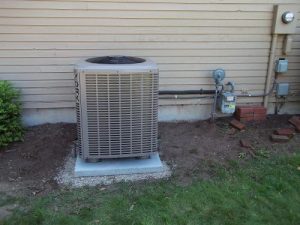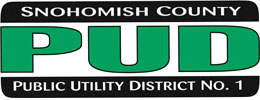Smart grids (using smart meters) are an emerging technology in the energy industry. This technology has the ability to monitor energy usage by a household and, when necessary, signal appliances and energy systems within that home to decrease consumption for a given period of time – usually during peak energy load times. For example, the smart grid may automatically tell your air conditioner or heat system to change a few degrees or could signal your freezer to turn off for an hour to limit overall energy consumption.
The development and adoption of smart grid technology, to many, is one potential answer to an increasingly growing problem – too little energy to supply the rapidly growing demand of our current society.
One major controversy at the center of the smart grid discussion is privacy. We’re starting to see privacy issues usually associated with things like technology (Facebook, Google, smartphones, etc) creep into smart grid topics and discussions. Many feel the implementation of smart grid systems would place an unwanted “Big Brother” watch on consumers and their energy consumption patterns, habits and trends. Any type of large data gathering, as is required for this smart grid technology, is met with skepticism and arguments.
Energy companies and government officials are very aware of these potentially problematic issues in the eyes of consumers. In response, many areas are implementing opt-out programs to give consumers choice in the matter. They are also committed to developing standards and regulations for keeping customer data safe and to try to stay out in front of any consumer outcry.
A big part of this proactive approach is also educating consumers on the benefits of smart meters and grids. “When users understand you are doing something for them, that you are serving them, that you are doing something useful, they are much more comfortable with data being used,” said Jules Polonetsky, Director and Co-chair of the Future of Privacy Forum. “If they think you are doing something to them — for you — by knowing more information about them, then their radar is up and they are very ready to object.”
For this reason, there are Federal initiatives taking place to address the education of consumers on smart grid technologies, uses and benefits. In fact, there is even a new U.S. Department of Energy working group that is focused on smart grid customer education.
This is certainly a topic we’ll be following closely and discussing more on our BelRed blogs in the near future. What are your thoughts? Is this a suitable answer for the ever-increasing energy demand or would smart grid technology be going too far? Let us know what you think in the comments or on our Facebook page.







